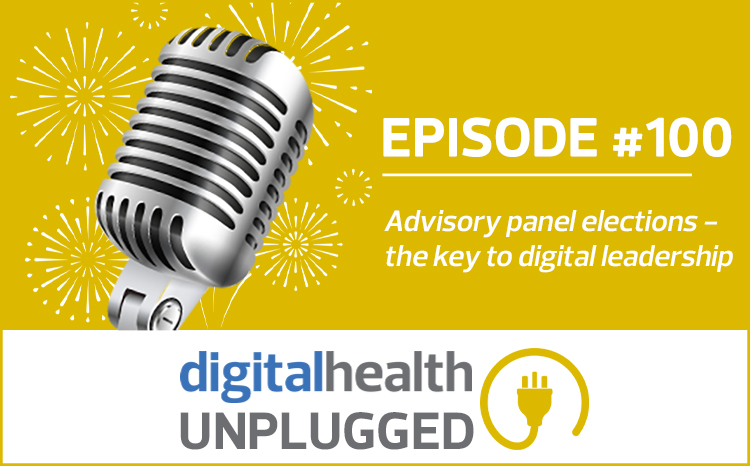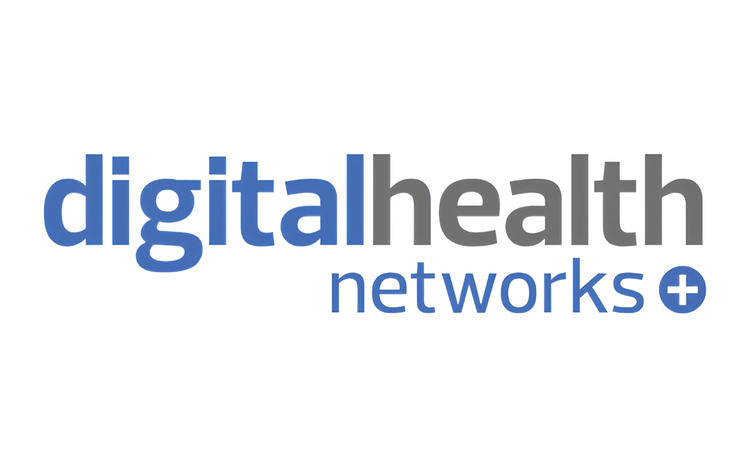Local NHS IT leaders increasingly influential nationally
- 12 October 2020

Writing for Digital Health, James Reed, chair of the CCIO Network, reflects on a year in which the Networks has developed a stronger voice and grown in influence
Although it seems a long time ago already, I spent some time over the summer reflecting on what has happened in the year or so since becoming chair of the CCIO network.
Its been a year in which the Networks have continued to rapidly grow passing over 6,000 members. And though it was sadly not possible to meet to meet in person at Summer School, the Virtual Summer School, new Regional Networks Events and Digital Responses to Covid-19 Webinars have helped maintain collaboration and sharing.
It’s a been a time of dramatic changes on the landscape in all kinds of ways, and it has certainly brought a lot of new opportunities for digital health in general.
I’m really pleased that the members of the networks have been at the forefront of delivering this, and we have had some really good opportunities for sharing and learning.
Having a clear voice
However, one thing that also has also been building although perhaps less in the public eye is the increasingly influential position the networks are occupying. One thing I was keen to do when I took over as chair was to give the networks a clear voice, and to start expressing our views on matters and engaging directly with the NHS national leadership. As part of this, I hoped that we could also gain opportunities for our members to become more directly involved.
So, with the help of the advisory panel, and in close collaboration with the CIO network we have started to put together statements of our views and offers to help which have been directed towards NHSX.
So far we have written on a number of matters which I know are of interest to members, including the professionalisation of the CCIO role (in particular the issue of being board members), the ever-thorny issue of sharing NHS data and most recently the ‘Test and Trace’ app and details of the emerging ‘e-Review’ process.
The response to these letters has been encouraging, and although it’s been slow going we have been able to develop a good relationship with NHSX and we have had our offers of help taken up. The network advisory panels had previews of the new Test & Trace app, and we have also been invited as a stakeholder to various new pieces of work which are emerging.
Burden of data collection
Another key issue on which we have been engaged is the burden of data collection, which so often makes it way right down to the front line where staff are faced with an ever-increasing requirement to fill in forms. I was recently asked to represent these views in a series of meetings (including directly to the Secretary of State himself) which have led to some rapid action at the top to streamline how data is requested and used.
Those leading other key programmes have also begun to use advisory panels and the wider networks as an effective way to consult with and talk to local NHS IT leaders. We recently ran two consultation sessions with Health Education England to inform its Connected Communities strategy, on what actions and investment is needed to strengthen formal and informal networks in this space. While in November we will run an online consultation session with NHS Digital to help inform the emerging Networks and Connectivity strategy.
It remains to be seen how effective this will be in changing the experience of staff, but as a community our views are now being actively sought and we are now in a position to hold the various agencies to account if things do not improve.
We are still in time where those of use working in digital healthcare are still working out how our careers are going to work, and how we can get our voices heard at the right level both inside our organisations and at regional and national level. At the moment, the Networks remain the largest and most established gathering place and I am really pleased that this is being recognised.
Moving forward
There is a lot more to do of course, but it seems to me that we have really moved forwards over the last year. I am keen that we get as much involvement as possible from all the network members, and if you have any thoughts on what we should be addressing next, or you’d like to air your views on the issues of the day then please get in touch.
The ‘Discourse’ forum is the best place to get ideas out there so we can have a debate about it. I’m really keen that we are able to represent your views, and we can only do that if we know what they are!
As we come out of the current crisis blinking in the daylight of the “new normal” (a phrase I’d be quite happy never to hear again) I think the networks can continue to be the ‘go to’ place for anyone who wants to understand what’s going on in digital health.





1 Comments
A mixed bag of NATIONAL leaders. Surely the RESPONSIBILITY to ensure all PATIENTS receive an equal NHS Digital Service lies with national leadership? A mixed bag.
Comments are closed.